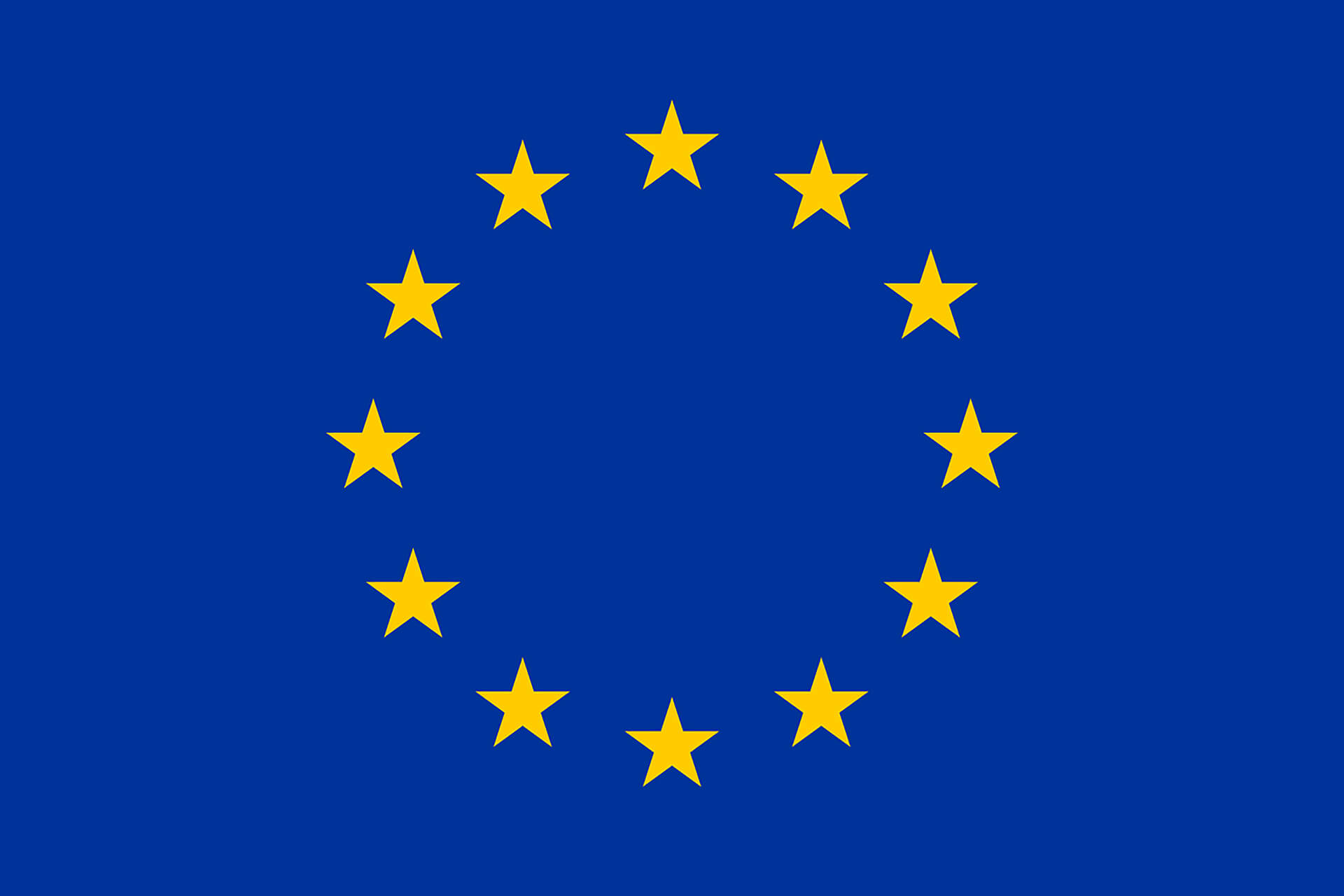The EU Foreign Subsidies Regulation – a third control regime to look out for when investing in the EU
In this article we will provide a short overview of the EU Foreign Subsidies Regulation and describe the challenges investors will be facing when investing in the EU.
For more than thirty years it is well-established that M&A transactions in the EU may have to be cleared by either the European Commission or national competition authorities under applicable merger control rules. In addition, more and more Member States of the EU (among them Austria) have implemented FDI regimes in the last few years requiring foreign (i.e. mostly non-EU) investors to obtain clearance from the responsible national investment control authorities when acquiring local companies active in vulnerable sectors.
The Foreign Subsidies Regulation (EU) 2022/2560 (“FSR”) now introduces a new notification requirement applying to M&A transactions that are signed after 11 July 2023 and have not been closed by 12 October 2023.
Overview of the Foreign Subsidies Regulation
Under the new rules, M&A transactions need to be notified with and cleared by the European Commission if
- either (a) at least one of two (previously independent) merging undertakings, (b) the acquired undertaking or (c) a JV to be formed is established in the EU and has achieved an EU turnover of at least EUR 500 million in the last business year and
- either (a) the acquiring undertaking and the acquired undertaking, (b) the merging undertakings or (c) the created JV and the undertakings creating the JV have received financial contributions from governments from outside the EU (foreign financial contribution – “FFC”) in the last three years.
A FFC does not only comprise transfers of funds or liabilities (e.g. capital injections, grants, loans, loan guarantees, fiscal incentives, the setting off of operating losses, compensation for financial burdens imposed by public authorities, debt forgiveness, debt to equity swaps or rescheduling), but also the foregoing of revenue that is otherwise due (e.g. tax exemptions, the granting of special or exclusive rights without adequate remuneration) and the provision or purchase of goods or services. For example, payments made by a non-EU government to a government contractor will also qualify as FFCs.
The European Commission will apply a two-tiered test to establish whether a FFC distorts competition in the internal market:
It will first establish whether the FFC qualifies as a foreign subsidy, which is deemed be the case if (a) the FFC confers a benefit on an undertaking engaged in the internal market and (b) the contribution is limited to one or more undertakings or industries, and,
- provided the FFC is indeed a foreign subsidy, it will further examine whether this foreign subsidy may distort competition in the internal market.
The European Commission may balance the negative effects of a foreign subsidy in terms of distortion in the internal market against the positive effects on the development of the relevant subsidised economic activity on the internal market (Article 6 FSR). The European Commission also takes this balancing into account when considering whether to impose redressive measures or to accept commitments.
De minimis rules apply. Under the FSR a foreign subsidy (a) not exceeding EUR 4 million in a consecutive period of three years, (b) satisfying the criteria of de minimis aid as defined in Article 3(2)(1) of Regulation (EU) No 1407/2013 per third country over any consecutive period of three years or (c) that is aimed at making good the damage caused by natural disasters or exceptional occurrences is not considered to distort the internal market (Article 4 FSR). On the other hand, the FSR defines categories of foreign subsidies that are most likely to distort the internal market, e.g. subsidies granted to certain ailing undertakings, subsidies in the form of an unlimited guarantee for debts and liabilities of the undertakings, export financing measures not in line with the OECD Arrangement on officially supported export credits and foreign subsidies directly facilitating a concentration (Article 5 FSR).
The notification proceeding consists of two phases (Article 24 FSR). Phase I will take 25 working days from filing and Phase II will grant the European Commission an additional review period of 90 working days. The proceeding will be conducted separately from potential merger control or FDI proceedings. Clearance may be granted subject to conditions. If the transaction is prohibited, it may not be implemented.
If a transaction is implemented in violation of the EU-FSR rules, the European Commission may order the dissolution of the transaction or other appropriate measures and impose a fine of up to 10% of the annual turnover of the participating groups of companies (Article 26 FSR).
It should be noted that as a second pillar of the EU-FSR, the European Commission has been given the power to review foreign subsidies ex officio also outside of M&A transactions (this will apply from 12 July 2023). As a third (and last) pillar of the EU-FSR, there will also be a notification requirement applying to non-EU bidders in EU public tenders as from 12 October 2023. This notification requirement is triggered if (i) the contract value is at least EUR 250 million and (ii) the bid involves FFCs of at least EUR 4 million per foreign country.
Challenges for institutional investors
In 2021, prior to the adoption of the FSR, the European Commission estimated that around 30 companies per year might be affected from the notification requirement for M&A transactions under the FSR. It is likely that the number of proceedings will exceed this number for the following reasons:
- Firstly, it should be noted that not only foreign undertakings but every undertaking also operating outside the EU and intending to acquire an EU undertaking with a turnover of more than EUR 500 million in the previous business year will have to thoroughly review whether both, the acquiring and the acquired undertaking, also exceeded the threshold of EUR 50 million of received FFCs in the last three business years.
- In addition, the term FFC, which is relevant to assess the notification requirement, is very broad and, as mentioned above, also comprises payments by foreign governments for received products and services, irrespective of whether they are indeed a benefit for the receiving undertaking. Only as part of its material assessment will the European Commission consider whether the received FFCs actually constitute a benefit granted to only one specific undertaking or group of undertakings. In contrast, under EU state aid rules, only “aid”, i.e. an advantage granted to a specific undertaking or group of undertakings, has to be notified to the European Commission, but not other financial contributions. Insofar, the European Commission puts stricter scrutiny on FFCs than on financial contributions provided to EU companies by the EU Member States.
- Another challenge is that the FSR, as customary in EU competition law, does not address the company, but the “undertaking”, i.e. the corporate group comprising all legal entities under control of the mother company (or companies). This may be a particular challenge for institutional investors such as private equity funds. For example, the general partner of the private equity fund usually controls many different portfolio companies, all of which form one undertaking. Therefore, if, for example, one portfolio company of a private equity fund directly acquired an independent undertaking, the FFCs received by another portfolio company of the same private equity not related to the transaction, might trigger a FSR notification requirement, even if this other portfolio company did not have anything to do with the acquisition in the first place.
Some of the above concerns were raised in the public consultation relating to the draft implementing regulation of the FSR, which shall enter into force in July. The implementing regulation lays down technical rules for proceedings conducted by the European Commission under the FSR. Interestingly, the most important concerns raised in the consultation to the implementing regulation do not refer to the technical aspects of this implementing regulation, but rather to the legal regime introduced by the FSR.
It remains to be seen if some of these concerns may be resolved prior to the entry into force of the FSR’s M&A notification requirement. Nevertheless, all undertakings also operating outside the EU and considering acquisitions of EU undertakings with a turnover exceeding EUR 500 million, are advised to implement suitable processes to gather data on the amount of received FFCs in the last three years. Conversely, assessing how many FFCs the target has received in the last three years will become an important part of the due diligence process.
DISCLAIMER
This blog is for general information purposes only and does not constitute legal advice. Schindler Rechtsanwälte GmbH assumes no liability for the accuracy, completeness and timeliness of the blog. The blog cannot replace individual legal advice.





